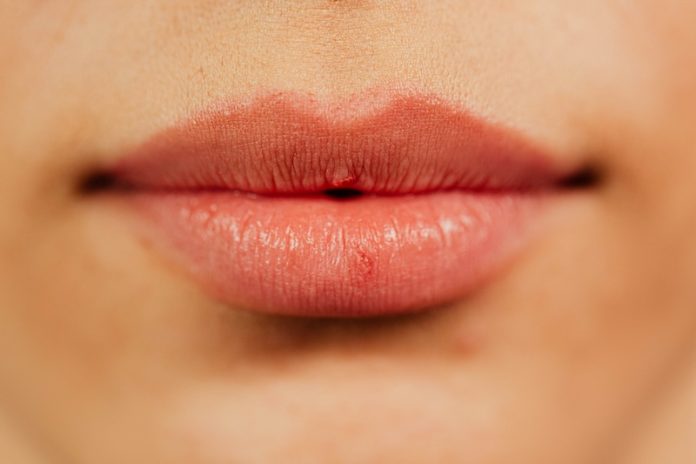
Researchers from the University of Leeds have made a significant breakthrough in treating dry mouth, a condition that affects about 10% of the population.
Their novel saliva substitute, which is more effective than currently available products, mimics natural saliva in hydration and lubrication during eating.
Superior Hydration and Binding
The key to this new technology is its unique structure. The microgel, visible under a powerful microscope, forms a sponge-like network that clings to the mouth’s surface.
This structure, combined with a surrounding hydrogel that traps water, ensures prolonged mouth hydration.
Laboratory tests have shown that this new product is four to five times more effective than existing commercial products, which often provide only short-term relief.
Benchmark Results: A Clear Winner
The Leeds team tested their product against eight commercially available saliva substitutes, including well-known brands like Biotene and Oralieve.
The tests were conducted on an artificial tongue-like surface to simulate real-world conditions.
Remarkably, while commercial products lost between 23 to 58% of their lubricant, the Leeds product only lost 7%, with the dairy protein-based version slightly outperforming the vegan, potato protein-based alternative.
This superior performance is attributed to a process called adsorption, where the microgel binds effectively to the mouth’s surface, reducing the amount of lubricant lost (desorption).
Addressing a Widespread Health Concern
Dry mouth, or xerostomia, can lead to difficulties in swallowing, malnutrition, dental problems, and an overall reduction in quality of life.
It’s particularly common among older individuals, cancer patients, and those on multiple medications.
By offering a solution that lasts up to five times longer than current treatments, this new saliva substitute could significantly alleviate the healthcare burden associated with this condition.
Towards Commercial Availability
While the current tests have been confined to laboratory settings, the researchers are optimistic that human trials will yield similar results.
The ingredients used in the saliva substitute – dairy and plant proteins, and carbohydrates – are non-toxic and non-caloric, making them safe for human use.
The team at Leeds is now working towards making this groundbreaking technology available commercially, aiming to improve the lives of those struggling with the challenges of dry mouth.
If you care about dental health, please read studies about Scientists find an important cause of tooth decay and findings of Diabetes drug metformin could treat gum disease, boost healthy aging.
For more information about dental health, please see recent studies about diabetes and gum disease, and results showing this diet could help treat gum disease.
The research findings can be found in Scientific Reports.
Copyright © 2023 Knowridge Science Report. All rights reserved.



